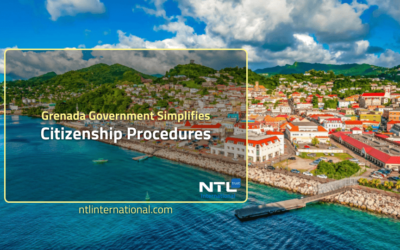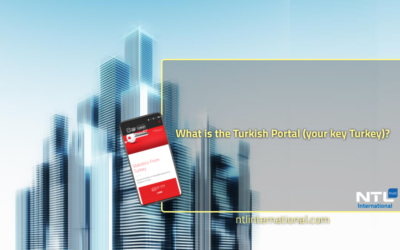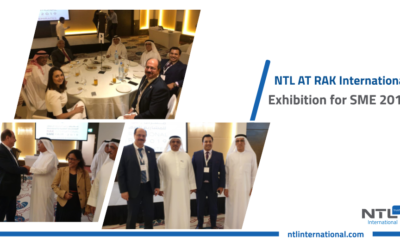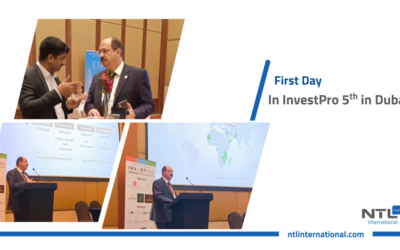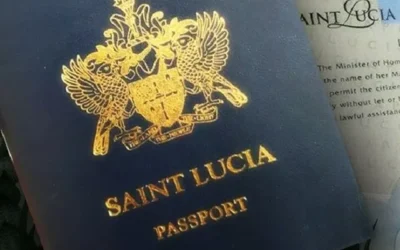
Passive Income Residency
Retirement Residency and Remote Work Entrepreneurs
In recent years, a new concept has emerged for investors and remote workers: passive income residency. This new category of visas, led by countries like Portugal, Spain, and others, is reshaping the immigration and investment landscape. Let’s explore this concept in detail and its potential benefits.
Definition of passive income residency:
Passive income residency, also known as non-profit residency or passive visa program, is a residency program designed to attract individuals whose primary income comes from abroad. Unlike traditional investment visas that require large capital investments (golden visas), this visa focuses on individuals who generate income passively, such as retirees and remote workers.
What is passive income according to NTL experts?
Passive income refers to profits generated from renting properties, investments, or other sources such as retirement pensions, and therefore does not require the individual to be present or actively participate in a specific location on a daily basis. This income is typically recurring and requires minimal ongoing effort after initial setup or investment.
What are the synonyms for this visa?
While “passive income residency” is the main term used to describe this residency option, it is referred to by other names depending on the country offering the program. In Portugal, for example, it is known as the non-profit residency program D7. In Spain, there is a similar program under a different name, retirement residency.
Some countries offering passive income residency:
– Portugal: Non-profit residency, D7
– Greece: Financially independent individual visa
– United Arab Emirates: Retiree residency
– Malta: Retirement program in Malta
– Spain: Retirement residency
What are the qualified income sources for passive income residency?
A variety of income types qualify, including:
Retirement: Individuals receiving retirement pensions from their home country or other areas qualify for retirement residency.
Investment returns: Passive income generated from investments, such as cash dividends, interest, and capital gains such as rental income from properties or lands, and others.
Remote work: With the rise of remote work, income earned from remote work or freelancing conducted from abroad qualifies for non-profit residency.
Rights and intellectual property: Income derived from rights, such as royalties, licensing agreements, and intellectual property rights, qualifies for the visa.
What are the obstacles to obtaining passive income residency?
The application process for residency may require documents proving a source of income, which may be challenging to prove in some countries, especially in Arab countries.
Difficulties in recognized financial transfers to the country offering the residency program.
Some countries may impose taxes on income.
Most countries offering these programs require residency as a condition, which is also a basic requirement for renewal.
What opportunities do non-profit residency programs offer?
These programs offer a unique opportunity for investors and entrepreneurs seeking residency in countries with favorable tax systems and a prestigious quality of life.
Can permanent residency or citizenship be obtained through non-profit residency?
Yes, individuals can obtain permanent residency and perhaps citizenship, providing them with more flexibility and security in expanding their investment ventures.
Passive income residency stands out as an advanced solution for individuals seeking to relocate and invest in foreign countries. By recognizing the value of passive income and its contribution to economic growth, countries offering this residency option attract a diverse range of talents. You can choose the visa program that suits you best by contacting us at NTL Citizenship and Residency Programs Experts for golden visa and residency by investment programs worldwide.
Grenada Government Simplifies Citizenship Procedures
In an effort to simplify the process of obtaining citizenship, the Government of Grenada, one of the Caribbean islands, is seeking to make the application and follow-up process in two phases instead of one stage only. Therefore, the new procedure will significantly reduce the time taken for transactions.
What is the Turkish Portal (your key Turkey)?
It is an online portal for foreigners, launched by the Turkish Ministry of Environment and Urban Development. It is an easier way to obtain all information and consultations related to Real Estate, Real Estate Registration, and how to obtain Turkish citizenship by investing for foreigners wishing to buy real estate or/and obtain citizenship in Turkey.
NTL AT RAK International Exhibition for SME 2019
In response to a special invitation, NTL company represented by Mr. Imad Elbitar, Nationalities and Citizenship Expert, attended the opening of the (Ras Al Khaimah) RAK International Exhibition for Small and Medium Enterprises SME, followed by a luncheon that brought together many investors, diplomats and managers of participating companies from around the world.
First Day In InvestPro 5th – Dubai
InvestPro conference takes place in Dubai – UAE, at Oberoi Hotel for two days from 13 to 14 November.
NTL, represented by Mr. Imad Elbitar, Nationality and Citizenship Expert, and Regional Director for the Middle East and Turkey, participates in the conference.
Comparison Between Turkey and Caribbean CBI
The second citizenship is considered the pass card to secure a better future for the investor and his family. In this article, we put together a comparison between the most required passports and their advantages.

